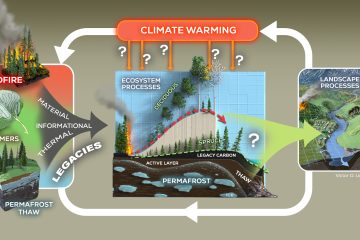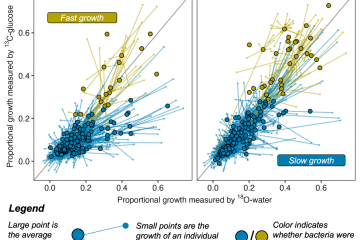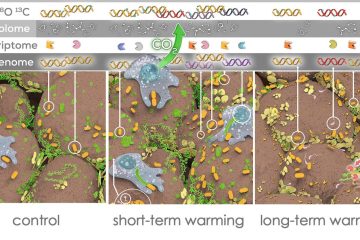Developing climate-smart restoration: Can plant microbiomes be hardened against heat waves?
Heat waves are increasing in frequency and intensity, presenting a challenge for the already difficult practice of ecological restoration. We investigated whether pre-heating locally sourced rhizosphere soil (inoculum) could acclimatize plants to a field-imposed heat wave in a restoration setting. Soil heating in the laboratory caused a marked shift in rhizosphere bacterial community composition, accompanied by an increase in species evenness. Furthermore, pre-heated rhizosphere soil reduced plant height, number of leaves, and shoot mass of the C4 grass, blue grama (Bouteloua gracilis), and it reduced the shoot mass of the C3 grass, Arizona fescue (Festuca arizonica) in the glasshouse. Following transplantation and the application of a field heat wave, pre-heated inoculum did not influence heat wave survival for either plant species. However, there were strong species-level responses to the field heat wave. For instance, heat wave survivorship was over four times higher in blue grama (92%) than in Arizona fescue (22%). These results suggest that the use of C4 seeds may be preferable for sites exhibiting high heat wave risk. Further research is needed to understand whether inocula are more effective in highly degraded soil in comparison with partially degraded soils.


